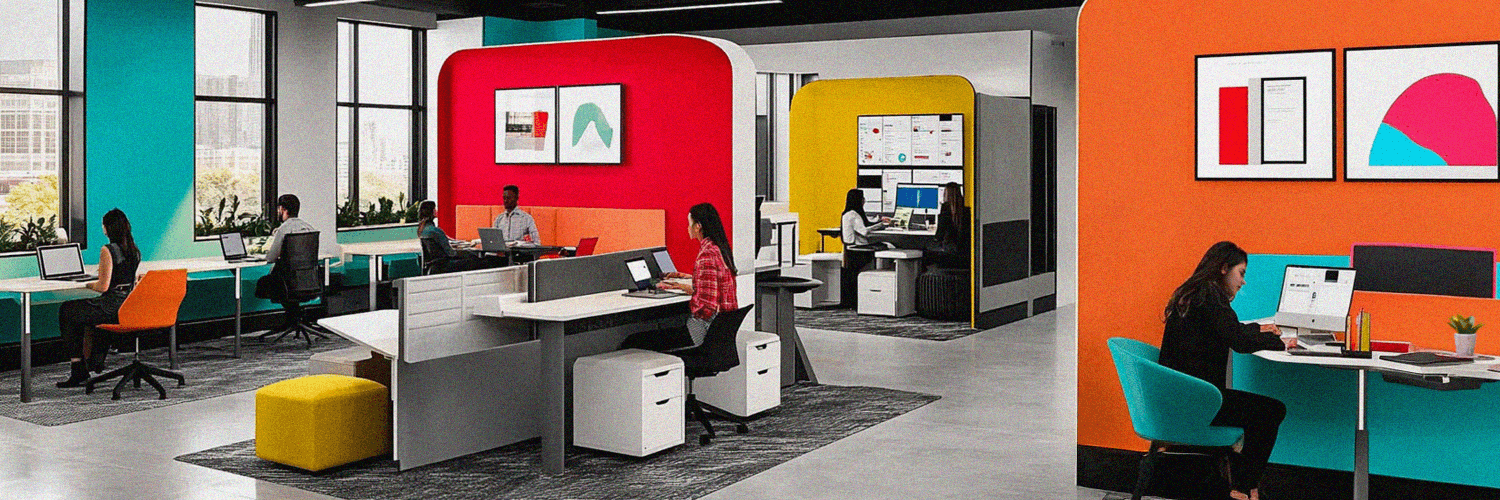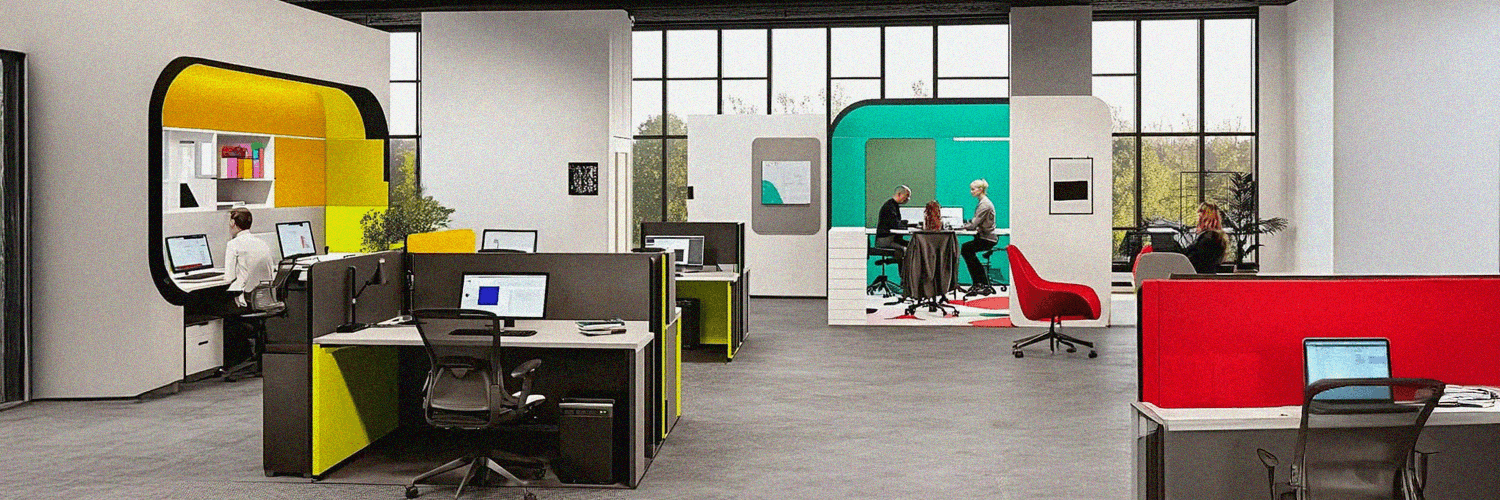There is much debate surrounding the importance of employees returning to work in the physical office. According to the Spontaneous Encounter Theory, employees benefit significantly from working on-site, as it offers opportunities that employees would not find otherwise. While working in-office, employees are exposed to "spontaneous encounters," resulting in networking that would not occur otherwise. As a result, employees can further their careers through these encounters. Many individuals are skeptical of this theory, finding it hard to believe that working in the office could make such a drastic impact on one's career. Today, as remote work grows more and more popular, some individuals fear that they will miss out on essential opportunities if they do not return to the office.
Let’s Compare: On-Site vs. Remote
As a result of the COVID-19 pandemic, employees worldwide were forced to make the transition to working remotely. Over a year later, companies are beginning to encourage their employees to return to the office. For some, this is a welcome change, while others have grown fond of remote work and wish to continue doing so. Regardless of where an employee chooses to work, there is a lot of debate concerning which is the better option.
Some of the primary concerns regarding where an employee works include; productivity levels, flexibility, accessibility to resources, and employee wellbeing. To the surprise of many, it has been proven that most employees are more productive and happy working remotely. As remote work allows for more flexible schedules, improved work/life balance, and a more focused environment, many plan to commit to remote work fully. On the other hand, some individuals believe that they are losing the benefits of face-to-face interactions in the office while working remotely. There have been countless studies deciphering how an employee’s environment affects these factors, but recently a new concern has come to light: career opportunities.
While working in the physical office, employees are exposed to colleagues, managers, and clients in a face-to-face setting. In contrast, remote employees may only interact virtually with those working on the same project. This is where the Spontaneous Encounter Theory comes in. The theory claims that exposure to others in the office – particularly those you may not interact with in your current projects – opens the door to opportunities that an employee would not otherwise find. By walking to and from your desk or visiting the water cooler, employees can have interactions with one another that would not have otherwise occurred.
Many believe that these "spontaneous" encounters allow individuals to network, finding connections and opportunities to drive their careers forward. While networking is a significant factor in career growth and company culture, how dependent is networking on face-to-face experiences? Are remote employees missing out on valuable opportunities by staying at home? We will dive in further to determine the impact of working in-office on career growth and opportunity.
Does the Office Build Opportunities?
The foundation of the Spontaneous Encounter Theory rests on the idea that working in the office presents opportunities that otherwise would not occur. If employees do not work in the office, they could miss out on the face-to-face experiences that build networking, thus driving their career. But, while working in the office can create more networking and relationship-building opportunities in the office, that doesn't mean that network does not exist for remote employees. In fact, many believe that working remotely provides more growth opportunities.
For many professionals, the office can be a distracting environment for work that requires focus. For this reason, many employees utilize headphones or seat themselves in secluded work areas that enable them to concentrate. While this allows employees to be productive, it does not cultivate an environment of networking as the Spontaneous Encounter Theory suggests.
Furthermore, it’s possible that this theory exaggerates the quality of networking that occurs on a daily basis. When employees walk around the office, it’s more likely that they exchange a brief greeting or friendly conversation rather than engage in a deep networking transaction. While small conversations can build into opportunities, this typically isn’t a daily occurrence.
The bottom line is, while in-office employees may be exposed to spontaneous encounters that offer opportunities to them, these opportunities are not dependent on working on-site. While face-to-face interactions can build into professional relationships that eventually provide opportunities, the same can occur for remote employees. By communicating with team members - face-to-face or virtually – relationships can be built, exposing growth opportunities.
How Remote Work Can Cultivate Networking
Now that we have debunked the idea that networking and growth depend solely on working on-site, let's talk about how remote work can create opportunities. One of the most common misconceptions surrounding remote work is that it results in poor communication. While face-to-face communication tends to be clearer in many cases, it does not mean that virtual communication is not.
In fact, many employees find that it is easier to communicate with team members virtually. As communication exists over email, messages, and virtual meetings, employees can clearly express their thoughts in writing and refer back to important information that could be lost in person. Additionally, communication is more intentional this way. Many employees find it easier to have career furthering conversations while remote because they or their boss sought it out directly. This is particularly beneficial to individuals who feel more comfortable speaking up indirectly, allowing more opportunities for those who may not approach their boss or colleague in person.
Another common misconception about remote work is that employees are less productive when in reality, the opposite is true. As employees can work in a space catered to their needs and preferences, many have found themselves more productive while working from home. With a flexible schedule and an environment customized to each individual, employees are able to increase productivity, which directly translated into better performance. As employees perform better in their roles, they will be exposed to more career furthering opportunities – without relying on spontaneous encounters in the office.
Whether working in the office or from home, growing your career and networking are critical components of achieving success as an individual. While many believe that career opportunities can only be achieved through face-to-face interactions in the office, the reality is that opportunities can be found anywhere. As an individual, working in an environment that allows you to perform well and be productive is the key to driving your career forward. What works for one individual may not work for others, and it is vital that your company recognizes this. Offering a hybrid work modelenables your workforce to work in the environment best suited to their needs, ensuring that productivity and performance are at their highest. No matter where you work, your performance will speak for itself, exposing you to opportunities to further your career.











